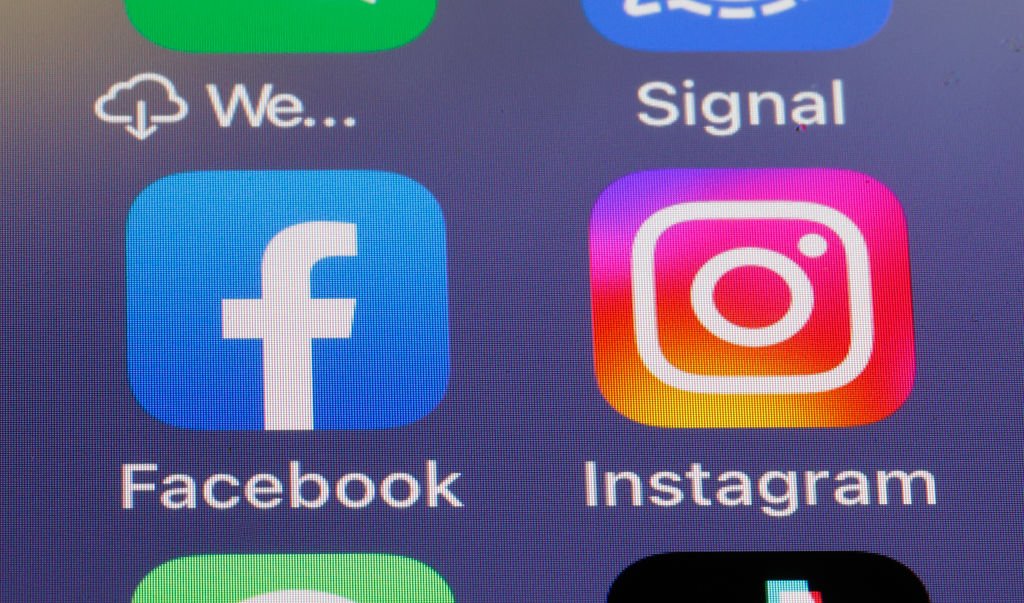Meta, the social networking giant, has dropped its legal pursuit against Israeli web scraping company Bright Data after facing a significant setback in court. The company has a history of aggressively targeting firms that engage in web scraping activities on its platforms. However, the court recently ruled in favor of Bright Data on a breach of contract claim, stating that Meta failed to provide sufficient evidence to prove that the company scraped any non-public data. As a result, Meta has decided to withdraw its lawsuit, according to court filings.
What sets this case apart from others involving web scraping is that Bright Data was once a customer of Meta, providing them with data from e-commerce websites to build brand profiles on their platforms. But when Bright Data scraped data from Meta’s own websites, the company took legal action.
“This concession by Meta is a pivotal moment for Bright Data and the web scraping community. We are thrilled with the outcome of this case, solidifying public information is just that public,” said Or Lenchner, CEO of Bright Data, in an email with TechCrunch. “Bright Data remains committed to keeping public web data freely accessible to everyone. The internet was intended for everyone’s benefit and no single entity or person should claim they own it.”
The court found that Meta did not provide enough evidence to support their claim that Bright Data scraped non-public data through logged-in accounts. This highlights the issue of third-party firms collecting user data and then selling it to other companies for various purposes, such as market research and AI training.
Meta presented a dataset of 615 million records of Instagram data, which included users’ names, IDs, countries, post counts, bios, hashtags, followers, posts, profile images, business categories, emails, and more. However, the court did not believe this was enough evidence to prove that the data was collected through logged-in accounts.
Further, when Meta attempted to show that Bright Data had non-public information, the court ruled that this did not prove that the scraping was done through logged-in accounts, as the information could have been publicly accessible at an earlier time.
Moreover, the court disagreed with Meta’s argument that automated tools used to bypass access restrictions, like CAPTCHAs, were equivalent to accessing password-protected websites.
Despite Bright Data offering a “scraping browser” that automates logging into websites for data collection, the court did not find any evidence that it was used in this case specifically.
Finally, the court found no evidence that Bright Data used their own Facebook and Instagram accounts for scraping, meaning they could not be held accountable by Meta’s terms of service and other legal policies.
This rare loss for Meta against the web scraping industry shows their consistent efforts to discourage the practice. However, they have been successful in other cases, such as their settlement in 2022 with two other firms, BrandTotal Ltd. and Unimania Inc., who agreed to a permanent injunction and to pay Meta a “significant financial sum.” Meta also settled with Massroot8 in 2020 and won a case against a clone site and scraping service in 2022, resulting in a permanent injunction.
While Meta’s case against another scraping-for-hire firm, Voyager Labs, is ongoing, Bright Data’s case was dismissed without a settlement. The company was not in agreement with Meta and believes that their terms do not apply to the scraping of public information while logged out of an account. They also state that this case upholds their right to do so, and Meta needs to provide better evidence of illegal scraping in court.
“This concession by Meta is a pivotal moment for Bright Data and the web scraping community. We are thrilled with the outcome of this case, solidifying public information is just that public,” said Or Lenchner, CEO of Bright Data, in an email with TechCrunch. “Bright Data remains committed to keeping public web data freely accessible to everyone. The internet was intended for everyone’s benefit and no single entity or person should claim they own it.”
Meta has not yet provided a comment on the dismissal of their lawsuit. The case was filed in the U.S. District Court in Northern California under case number 3:23-cv-00077-EMC.








